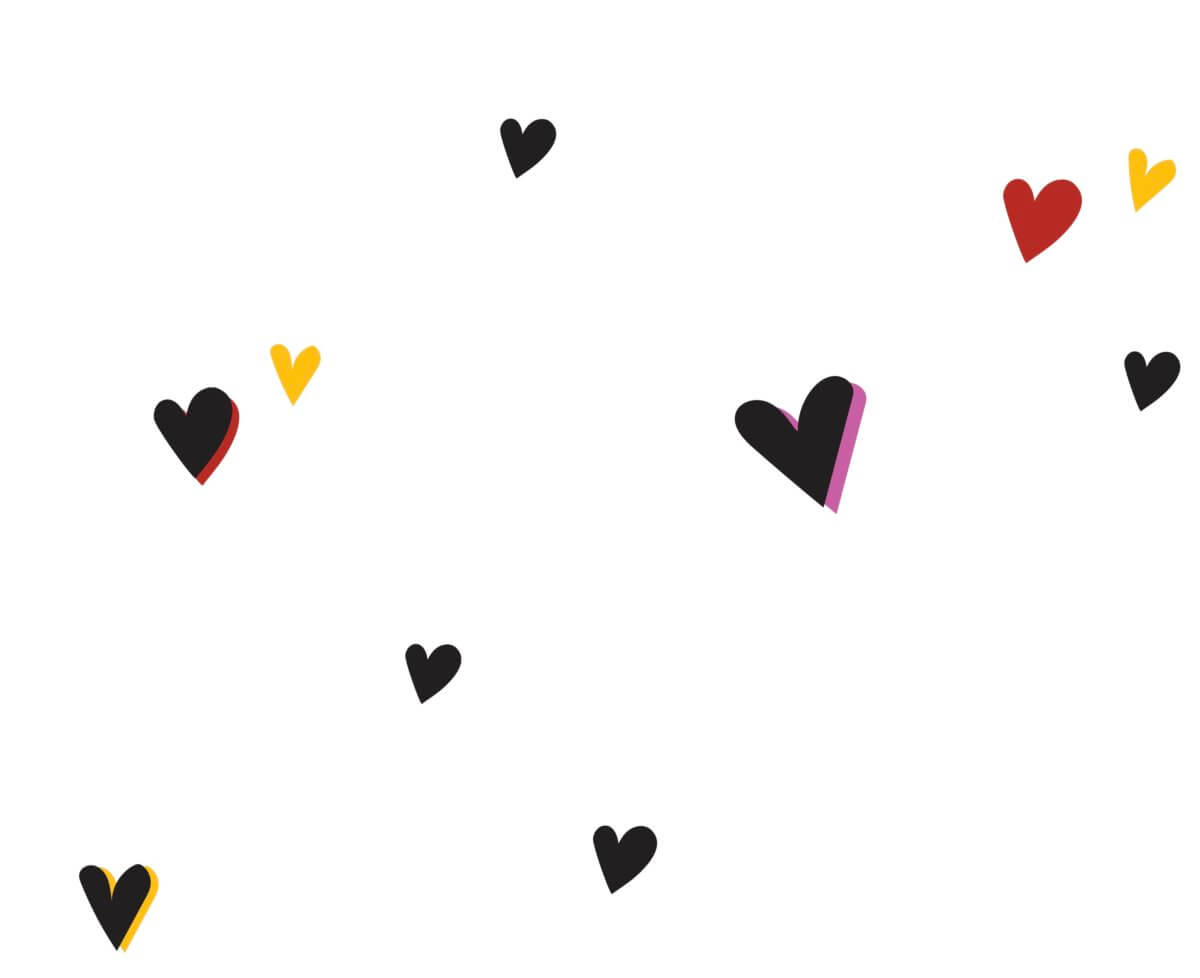CONTENT WARNING: Brief Mentions of Drugs and Depression
Love.
Be it familial or romantic, requited or unrequited, infatuated or platonic, divine or self-directed, our culture is obsessed with it. It furnishes our songs, scripture and screenplays. And just like sex, it sells. It’s a panacea.
The idea of love lingers in our hopeful minds. We feel it in the empty moments spent between bed sheets or at society meet and greets.
But despite all the airtime it gets on our screens and in our mind, we rarely think critically about love.
Sure, some of us might watch The Bachelor or MAFS from time to time and say, ‘no way does she love him: look at her body language’. Love is used casually, as if we all know what it means. Problem is, we don’t.
It’s time to do as Haddaway did in 1992 and ask, What is Love?.
Biologically, we think we know a lot about love. It’s a drive, just like hunger or thirst. It’s classed into three overlapping stages, each an evolutionary purpose. The first of these is lust. In lust, testosterone and estrogen flood the brain, amping up libido. One must pass on our genetic material, evolution tells us. Lust lasts for a month or so.
Simultaneously or independently, attraction occurs. Attraction is dopamine and norepinephrine stimulating our pleasure centre, turning someone into that special someone. We get hooked on their vibes and can’t stand time apart from them.
Their presence is so euphoric it boosts our heart rate, lowers our appetite and our ability to sleep. These symptoms are remarkably similar to those produced by amphetamines: love really is a drug. For up to three years, anyway. Eventually, affection fades away.
Attachment, however, can last a lifetime. During this stage, oxytocin and vasopressin promote emotional intimacy. Unlike with lust and attraction, attachment is not limited to romantic partners; it moderates the bond of parents and children, close friends and social cordiality in general.
But love, like any drug, has a dark side. Heartbreak hurts. Literally – it’s processed as genuine physical pain. The dysregulation of chemicals at any of these stages has its consequences. Too much dopamine during attraction can cause physiological addiction. This extends into psychological addiction, with obsessive behaviour, jealousy and withdrawal symptoms when one’s cravings are not met.
But too little dopamine and one will lack commitment and motivation and might fall into depression.
Oxytocin, ‘the love chemical’, is likewise a double-edged dagger. Oxytocin amplifies feelings. In both directions. So just as it increases warmth and empathy for a friend or lover, the love chemical simultaneously lowers your empathy for those outside your social, political and ethnic tribes, increasing prejudice and discrimination. An excess of oxytocin generally is linked to dissociation and wild, reckless behaviour.
This triarchic model of lust-attraction-attachment shows us there are different ways in which we can love. People vary in their preferences and capacity for each of the three, so it also teaches us empathy for those who struggle with love as their difficulties are often not their fault.
At the same time, accepting a purely biological explanation of love feels uncomfortable. Dissecting love like this feels sterile and disenchanting, so removed from the sublime personal experience of love that it verges on cruel.
And then there’s the danger that explaining the darker side of love justifies it. It’s the naturalistic fallacy that because something is instinctive, it is defendable to do. Nonetheless, people reason that way. To justify xenophobia through the effects of oxytocin or claim that cheating is a result of testosterone, is making excuses, not science.
It’s a basic fact of psychology that how we think influence immutable. Science gives us only the mechanisms, it is normatively silent on what and who we should love. We, by and large, get to decide that for ourselves.
Looking around, it’s clear humans love many things. It extends not just to not friends and family but to food and fauna, fictions and facts, fraternity and freedom. It’s striking to think people willingly sacrifice their lives, literally and metaphorically, out of love for many of these ideas and ideals.
Perhaps it’s regrettable that English uses one lumpy word for all these things. After all, the Ancient Greeks famously used six. But in a way, I think it’s beneficial. The word is so ambiguous that we can’t adequately answer the question ‘what is love?’. This forces us to ask a much more meaningful question, that is: ‘what is love, for me?’.
We acknowledge the Ngunnawal and Ngambri people, who are the Traditional Custodians of the land on which Woroni, Woroni Radio and Woroni TV are created, edited, published, printed and distributed. We pay our respects to Elders past and present. We acknowledge that the name Woroni was taken from the Wadi Wadi Nation without permission, and we are striving to do better for future reconciliation.
